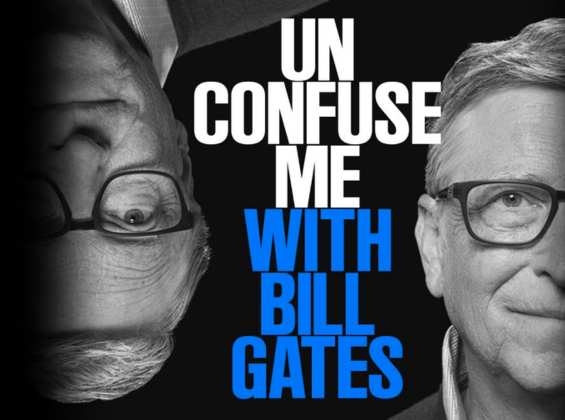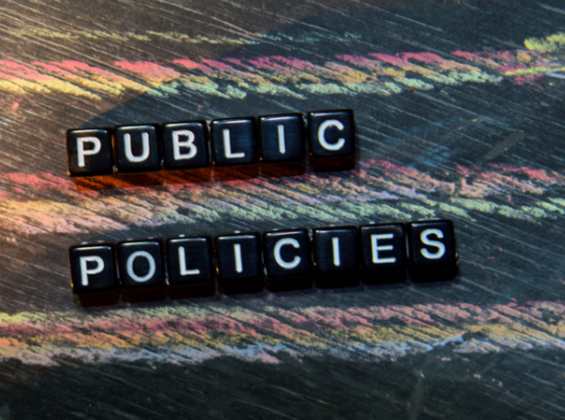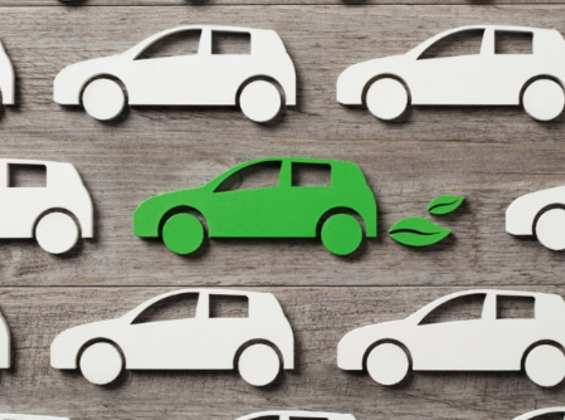Climate change is a complex and challenging problem to communicate. It is slow-moving, it only sometimes feels urgent, and there is often minimal effort to mitigate it. Humans have adversely affected the environment through actions and inactions, and climate emergency has put the World in grave peril. People often wonder what they can do about global warming short of putting the entire economy on a draconian carbon-free diet.
We need to rethink the way we communicate climate change. The typical mentality of millions of people, including those aware of the issue, needs to change from I WISH TO I WILL.
The best tool at our disposal is a simple one: Storytelling.
Stories can transform complex subjects into something that feels personal, local, immediate, relatable, solvable, and replicable. Stories about minor adjustments to our daily behaviour can go a long way in averting catastrophes.
Exciting and inspiring stories about the climate crisis - how people respond in real-time and make a difference - are few and far between or are hidden and not being told in a way that is attractive and eye-catching, which others would also want to follow and emulate.
We have recently realised that many stories are floating around the World on environmental sustainability-related matters, about people, products, processes, and places that cry loudly, "this is a story that needs to be shared and heard by many." These stories can reach many people, but few have seen them because they were not designed and packaged in a manner like those cats, dogs, and baby videos on TikTok or YouTube to capture the eyes of millions.
The sad news is that those cats, dogs, and baby videos achieve nothing but a momentary tickle without any lasting effect on our lives. But the kind of stories we are talking about here could change the face of the earth if acted upon by millions through their multiplier and compounding effect.
Take just the following four micro-stories from my personal life-
- Teaching my driver the importance of switching off my car instead of idling in neutral at each traffic light. – The idea was to save on fuel costs and reduce pollution. Suppose I can save just half a litre of petrol daily over a mere 30 Km commute because of this simple behavioural change. In that case, think of the potential savings across Delhi, India, or the World with this innocent action that doesn't cost anything. Pollution reduction here is just a bonus outcome. Start-up idea – A switch that automatically turns off the car once it is in neutral gear, a kill switch. I already have an Auto hold switch in my electric Kona and new Creta, but that switch makes the car standstill even while in driving mode. So shifting into neutral gear is avoided by this switch.
- Using a soda-making machine (Mr Butler) with just one plastic bottle that has lasted three years instead of buying a soda bottle every time – a story about a cheap product that saves the environment.
- Washing my denim trouser only once in 2/3 months. – saving water and water pollution from excessive detergent.
- Switching all electric points (chargers, TVs, other gadgets) when not in use during the night or vacation – Save electricity, reduce pollution, and protect us from potential radiation effects.
The basic principle emerging from these examples is that environmental sustainability is possible only with sustainable incremental changes, which we want to achieve by telling these stories.
How people can be motivated to make such incremental changes – Let me elaborate with quotes from 2030, a brilliant book by Mauro J Guillen, on how current trends will change how we live and work shortly by 2030.
"There are two basic principles involved in making each city's life friendlier toward the environment, more tolerable, and more enjoyable for a larger share of its population. Both of these basic principles involve lateral thinking. Without implementing them, it will be challenging to cope with pollution, environmental decay, and climate change.
The first lateral principle is the "mundanity of excellence," or the idea that high performance is not usually a result of quantum leaps or innate talent but rather comes about because of a series of tiny improvements. Sociologist Daniel Chambliss coined the term after conducting an extensive ethnographic and quantitative analysis of competitive swimmers, concluding that "superlative performance is a confluence of dozens of small skills or activities, each one learned or stumbled upon." A long list of little things produces superior results when done simultaneously. "There is nothing extraordinary or superhuman in any one of those actions; only the fact that they are done consistently and correctly," says Chambliss. Three-time Olympic gold medalist Mary Meagher said, "People don't know how ordinary success is."
One of the most influential management consultants, Peter Drucker, once wrote that becoming a successful executive "does not require special gifts, special aptitude, or special training. Effectiveness as an executive demands doing certain—and fairly simple—things." As we shall see, minor behavioural adjustments on our part can go a long way in terms of slowing down climate change and preserving the environment for future generations.
The second principle involves what behavioural scientists call "nudging"—behavioural modification through either positive reinforcement or indirect suggestion to influence groups or individuals' motives, incentives, and decisions.
In 2008 Richard Thaler and Cass Sunstein's book Nudge: Improving Decisions About Health, Wealth, and Happiness catapulted the "science of nudging" to worldwide attention. Thaler—who subsequently won the Nobel Prize in Economic Sciences—and his coauthor argued that the true beauty of nudging is its potential for creating behavioural change that promotes the common good and individual interests. The fundamental problem, in their view, is that people tend to act in ways that are not only inimical to the common good but also against their self-interest.
Nudging has nothing to do with regulation, enforcement, or coercion. Thaler and Sunstein write, "To count as a mere nudge, the intervention must be easy and cheap to avoid. Nudges are not mandates. Putting fruit at eye level [next to the cash register] counts as a nudge. Banning junk food does not."
Nudging works by making small, subtle, and inexpensive changes. To take one example: by etching the image of a housefly in men's urinals at Amsterdam's Schiphol Airport, the designers "improve[d] the aim" of users, which reduced janitorial costs arising from spilt urine on the floor." Another example would be labelling the kgs of co2 per serving of dish on menus.






Leave A Comment
Your email address will not be published. Required fields are marked.